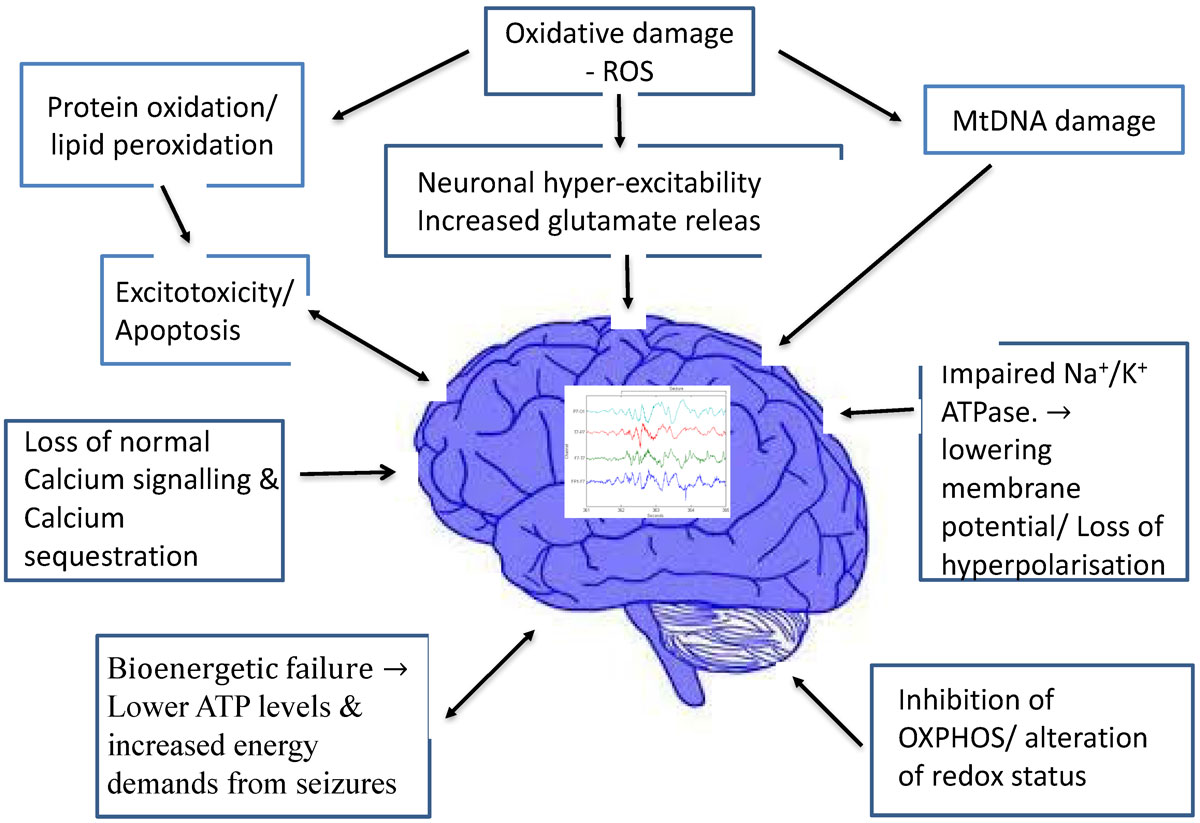The body transforms into a mechanism that burns fat rather than carbohydrates. According to research, eating a lot of carbs can lead to the emergence of a number of diseases, including insulin resistance and diabetes.
Carbohydrates can be ingested and stored with ease. Beginning in the mouth is digestion. Amylase (enzymes that digest carbohydrates) begins working on the carbohydrates as soon as the food is chewed. Carbohydrates are further broken down in the stomach and are instantly absorbed when they reach the small intestine. Carbohydrates in the blood instantly raise blood sugar levels. This prompts insulin to be released right away. High quantities of insulin are released in response to high blood sugar levels. In order to lower blood sugar levels, this hormone makes sugars store right away in body tissues. When tissues are consistently exposed to high doses of insulin, the tissues may become resistant to it. The body has a tendency to quickly store the carbs, which leads to obesity. This loop can lead to conditions like diabetes and cardiovascular disease.
It has been discovered that a ketogenic diet that is high in fat and low in carbohydrates can help treat and even reverse several medical issues. It is suggested as a component of the therapy strategy.
Epilepsy
For whatever reason, following a ketogenic diet reduces epileptic seizures. Actually, the development of the ketogenic diet was motivated by this. The majority of cases of pediatric epilepsy respond well to this kind of diet. After following the ketogenic diet for a few years, some kids even experience an eradication of seizures. Adult epilepsy receives little treatment.
Before beginning the ketogenic diet plan as a kind of epilepsy treatment, children may need to fast for a few days.
Cancer
Current research suggests that a ketogenic diet induces cancer remission. To lessen the symptoms, it “starves cancer” in the literal sense.
Alzheimer’s condition
According to research, a patient with Alzheimer’s disease who adopts a ketogenic diet experiences an improvement in memory function. Some of their cognition and memory processes return.
Neurological conditions
ALS (amyotrophic lateral sclerosis) and Parkinson’s disease are two neurological conditions that can benefit from a ketogenic diet. Infected nerves receive mitochondrial assistance from the food. As a result, the symptoms get better.
Diabetes
Diabetes is mostly brought on by carbohydrates. Better blood sugar control is achieved by reducing ketogenic diet usage. This diet works best when combined with other diabetes management strategies.
Gluten sensitivity
Many people who are allergic to gluten go misdiagnosed. Improvement in associated symptoms, such as bloating and digestive discomforts, was seen after starting a ketogenic diet. Most foods high in carbohydrates include a lot of gluten. In addition to reducing gluten intake, a vast variety of carbohydrates-containing items are eliminated from the diet. As a result, gluten-related symptoms are also gone.
Loss of weight
The mainstream dieting trend now includes a niche for the ketogenic diet. Due to its noted side effect of encouraging weight loss, it is currently a staple of many dieting plans. Many people first scoffed at the notion of losing weight while eating a high-fat diet. The ketogenic diet is now gradually becoming accepted as a component of weight management programs as more positive results become apparent over time.
Compared to lipids, carbohydrates are more conducive to weight growth. Keep in mind that insulin encourages the accumulation of carbs, which results in weight gain. Over time, reducing or eliminating carbohydrate intake might cause significant weight reduction.








